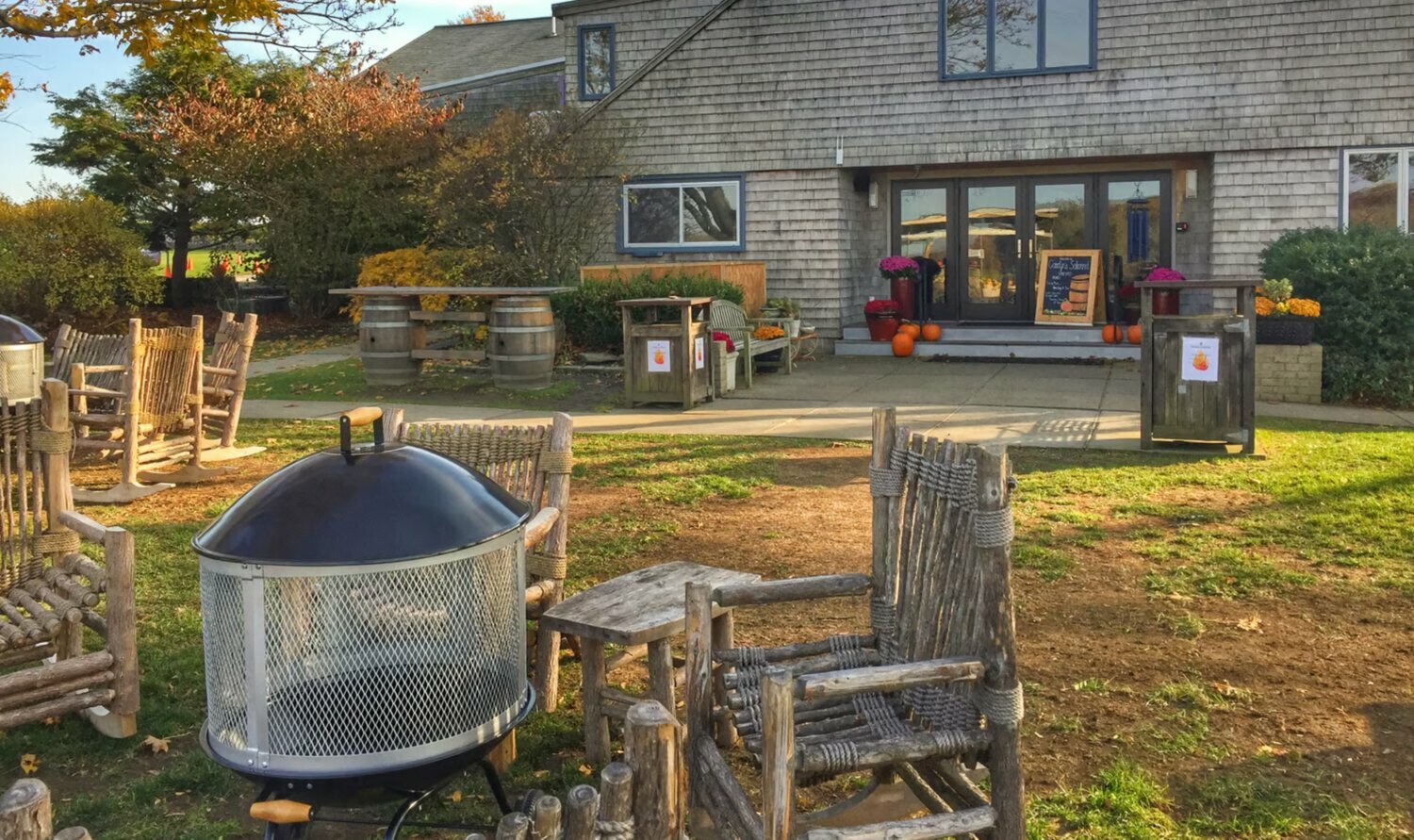Little Compton passes zoning district back to planners
Councilors say they’re not to blame for proposed Agricultural Overlay District
A plan to create a new Agricultural Overlay zoning district is heading back to the Little Compton Planning Board for further consideration.
The Agricultural Overlay District, or AOD, was drafted …
This item is available in full to subscribers.
Please log in to continue |
Register to post eventsIf you'd like to post an event to our calendar, you can create a free account by clicking here. Note that free accounts do not have access to our subscriber-only content. |
Day pass subscribers
Are you a day pass subscriber who needs to log in? Click here to continue.
Little Compton passes zoning district back to planners
Councilors say they’re not to blame for proposed Agricultural Overlay District
A plan to create a new Agricultural Overlay zoning district is heading back to the Little Compton Planning Board for further consideration.
The Agricultural Overlay District, or AOD, was drafted by the town solicitor to encourage “farming and agricultural operations” by allowing current farms that also serve food to its visitors to additionally serve alcohol with appropriate licenses. As it currently stands, the AOD only applies to Carolyn’s Sakonnet Vineyard and was made to address the zoning conflict that was grounds for the denial of the vineyard’s requested liquor license in May.
At a public hearing before the council Thursday evening, a host of residents commented on the plan, most of whom decried the proposal due, in part, to the alleged exclusionary nature of its language and the ongoing complaints that the vineyard has faced from its neighbors.
“You’re opening up a can of worms,” said Carolyn Montgomery, who has lived in Little Compton for more than 90 years. “If you give to one, you have to give to anybody else in the town ... I feel that if you take one little inch of this [AOD], it’s going to explode.”
“We have a planning problem in town,” stated Andrew Rhyne, a recently elected member to the town’s budget committee. “And I was kind of pleased to see that the council was looking at zoning rules and maybe adding different types of residential zoning ... lots of people in our town have problems with zoning and access, and these are issues that I think the planning board can [address] in a large, comprehensive attempt.”
Larry Anderson, an opponent to the proposed district, asked councilors why they had to take any action regarding the vineyard’s licensing request at all:
Sakonnet Vineyard “was informed, as they were last year, that they had to resolve the zoning issues because [expanding their menu to serve alcohol] was a prohibited use. They took a year, did not do that, and came back with the same proposal ... Where is the owner? It’s her obligation to cooperate with this community and come forward with her proposals — it’s not your job to solve her business issues. You can just deny the license and make them solve the problem. Why should we sweat? Have them come up with a proposal ... it’s their responsibility.”
Christina Carlson, a resident whose property abuts the Vineyard, spoke to a similar point.
“This is costing the town,” she noted. “The fact that we have already had three town-related meetings about this subject carries with it implicit costs ... I don’t see that the owner of the business — who wants to make her business more profitable by having this license —is putting an equal amount of money forward ... to justify us spending our own tax money to consider the option. If they haven’t done their background work, why are we spending town resources proactively to consider a request that does not have all its bells and whistles put together?”
Council responds, motion moves
When one onlooker asserted that they believed it was the town council who came up with the idea for the district, councillor Paul Golembeski was quick to take umbrage:
“I had nothing to do with it,” he said. “I don’t think any of us [on the council] had anything to do with that. Don’t point that at us, this was not created by the council. I’ve done a lot of dumb things in my life but that wasn’t one of them.”
“This is to be solved collaboratively,” added president Bob Mushen. “This is not about dumping it on the planning board and see what they come up with. It’s required by the zoning ordinance, and that’s what we are doing.”
Ultimately, councilors sent the matter back to the planning oard for urther review and input on what members believe is the best approach.






